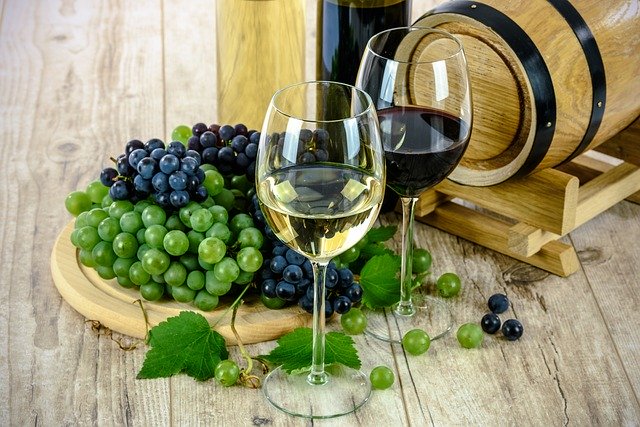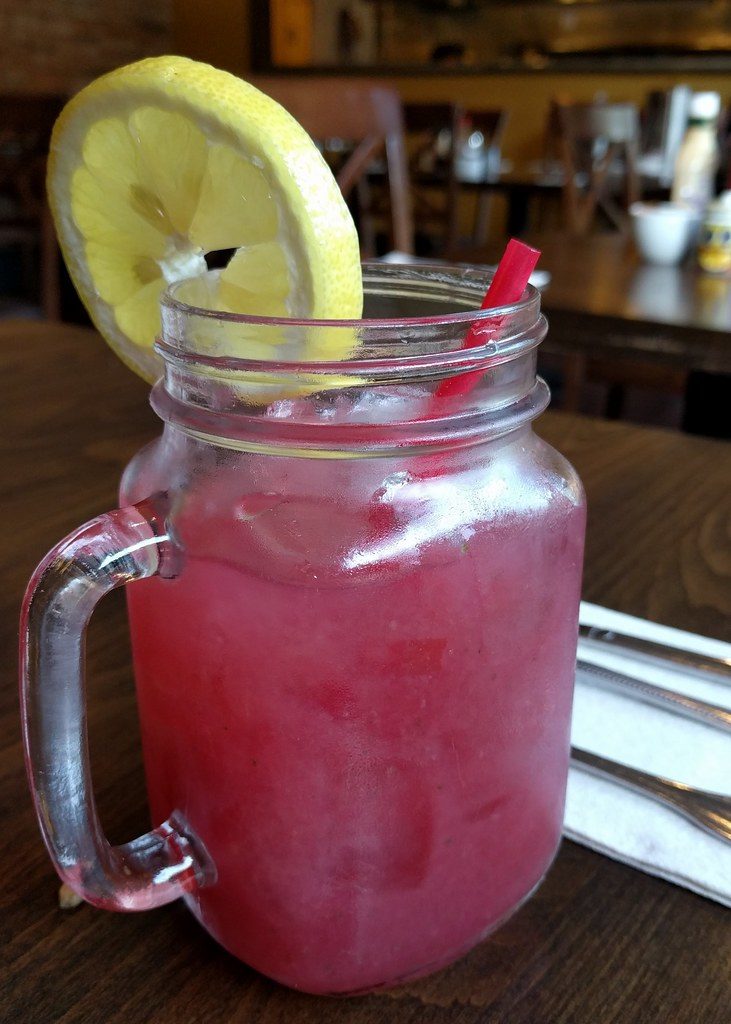.
Watch:
Glossary
- windfall – fruit blown down from a tree or bush by the wind
- overripe – too ripe (=ready for eating)
- to gorge oneself – to stuff oneself with food
- unwitting – not aware of the full facts
- to stumble on – to find, meet by chance
- to harness – to control something, usually in order to use its power
- residue – the part that is left after the main part has gone or been taken away, or a substance that remains after a chemical process such as evaporation
- clay – a natural earthy material that is plastic when wet; used for making bricks, pottery, etc.
- millet – a cereal crop that is grown for its seeds or for hay
- sap – the liquid that carries food to all parts of a plant; it consists chiefly of water with dissolved sugars and mineral salts
- to latch onto – to immediately become very interested in something that you discover
- abuse – improper or excessive use
- temperance – total abstinence from alcohol
- intoxication – the condition of being drunk
- to vaporize – to turn from a solid or liquid into a gas
- commodity – a substance or product that can be bought, or sold
- to spoil – (of food) become too old
- staple – basic or main
- to give somebody a buzz – to give someone a bit of enjoyment
Answer the questions:
What were people making alcoholic beverages from 7,000 BCE in China? (as the evidence shows)
Why was wine a rare and expensive delicacy in ancient Egypt?
Did Greek physicians and poets consider wine as a good thing? Why?
How did the ban on alcohol in Islamic culture originate?
Why did spirits become an important trade commodity?
What did Europeans trade brandy and gin for in Africa?
How was water kept fresh for the crews sailing from Europe to east Asia?
Do you agree with the quotation: “Almost anything can be preserved in alcohol, except health, happiness, and money.” (Mary Wilson Little)
Practice Makes Perfect
Match the sentence halves. You can go to: A brief history of alcohol to check your answers.
| 1. A chimpanzee stumbles across …
|
a) … has revealed that people were making an alcoholic beverage from fermented rice, millet, grapes, and honey. |
| 2. Many of them have split open,
drawing him to … |
b) … their intoxicating fruity odor. |
| 3. He gorges himself and …
|
c) … a windfall of overripe plums. |
| 4. This unwitting ape has stumbled on a process that humans …. |
d) … whatever crops and plants grew where they lived. |
| 5. Residue in clay pots … | e) … will eventually harness to create beer, wine and other alcoholic drinks. |
| 6. Ancient peoples made alcohol from … |
f) … begins to experience some strange effects. |
ANSWERS: 1c); 2b); 3f); 4e); 5a); 6d)
Discuss:
Have you ever said or done something silly (that you later regretted) being intoxicated?
Do you think the drinking and driving laws in your country are too strict?
What part does alcohol play in your culture?
What is the best remedy for a hangover?
What gives you a buzz?
Is there anything you gorge yourself on?
.
Explore it more to create your own teaching-learning experience!
The Rise of Alcohol-Free Booze
During a time when high-on-life sobriety appears on the rise, non-alcoholic spirits are finding their way onto menus at restaurants and bars.
Read:
The-rise-of-alcohol-free-booze
(1000)






